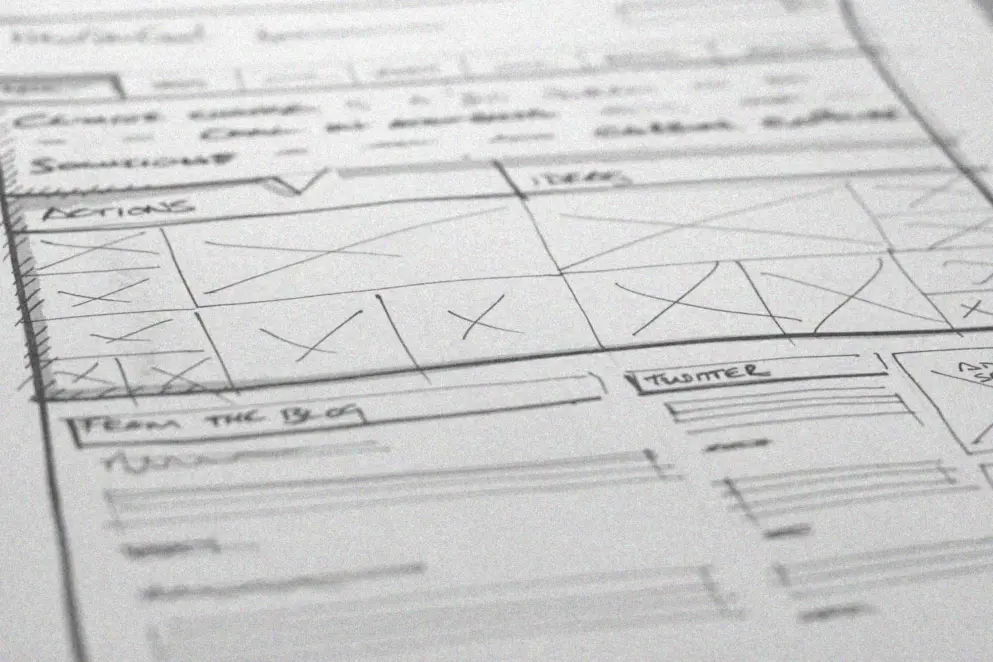What Manufacturers Should Consider When Choosing a Web Designer

More people will see your website in a week than will speak your to sales and service reps in a year. So when it comes to choosing the right web designer, manufacturers must select someone capable of handling the most prominent face of their organization. While price and aesthetic style should largely influence the decision, other less-obvious things must be considered in order to stick the landing.
Have they worked with other manufacturers?
The whole point of a website is to help drive sales. In order to do this most effectively, your web designer must understand how the manufacturing sales process works and have a working knowledge of the market you're selling to. If all of a designer's clients are dentists, accountants, and local bars, will they be able to help you speak to a niche audience and complement a multi-month sales cycle?
Do their site designs produce results?
Web design portfolios are stuffed with examples of highly-stylized websites for photographers, boutique shops, and restaurants. However, manufacturers rarely benefit from a purely aesthetic approach to online business, so many deco design examples aren't relevant.
Manufacturers need websites that don't compromise function for flair and should ask designers what sort of results their projects produced. If a web designer can't speak to results, ask their reference what sort of return they saw on a website. If neither can produce evidence, consider moving on. Sure, making a website look good is incredibly important, but “appeal” alone shouldn't drive such a large marketing investment and long-term partnership.
Is the web designer local?
Web design and development can occur entirely remotely, but if possible, manufacturers should partner with a local web designer. The website design process involves a ton of collaboration between the contractor and your stakeholders. From photography to headlines to contact forms, almost everything benefits from a quick conversation. Having these discussions face-to-face, rather than over the phone or through email chains, will speed up feedback throughout the course of the project. In-person meetings also help web designers solidify their grasp of your corporate positioning (and the message you want to present to customers). Therefore, opting for a local web design agency will result in a more acutely tailored site.
Do they respond to emails and phone calls quickly?
As mentioned previously, there will be lots of back-and-forth during the design process. A web designer with thorough communication skills will ensure that all notes are addressed and nothing gets missed early on (like product development, the further a project progresses, the more expensive changes are to make).
It's also common in the web design process to go a few weeks without seeing a deliverable (site design is like a crossword puzzle, you need to think several steps ahead before putting anything in ink). During these times, proactive communication on the agency's part will assure you that the project is moving forward.
Is the web design and development process clearly defined?
The length of a web design project can vary – bugs pop-up, objectives change, sales wants new features – but one thing that shouldn't waver is a designer's approach. Consistent, iterative steps are necessary to deal with obstacles and ensure that even the largest bump in the road will not derail a design. Ask designers to explain the steps of their process, what you can expect at the end of each step, and how they will incorporate you into the process. A web designer without a clearly defined roadmap is a recipe for hang-ups and unnecessary delays.